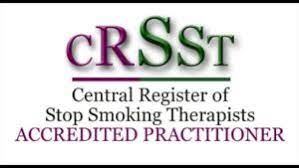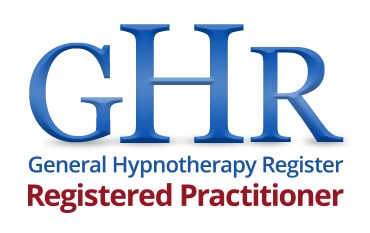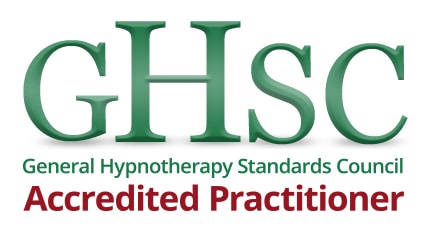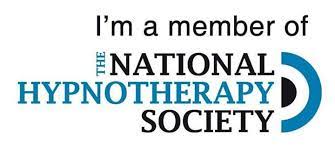Depression Hypnotherapy
Through Clinical Hypnotherapy, we focus on addressing the subconscious patterns and negative thought processes that contribute to depression. Our approach aims to unlock the mind’s potential to create positive change, enhance mood, and promote a more optimistic outlook. Our sessions provide a sense of calm, balance, and well-being, gently guiding individuals through their emotional landscape in a safe and supportive environment.
Common Depression-Related Issues We Address
Intense anxiety and stress when preparing for or thinking about exams.
- Persistent feelings of sadness, hopelessness, or emptiness.
- Loss of interest or pleasure in activities once enjoyed.
- Changes in appetite lead to weight loss or gain.
- Sleep disturbances, including insomnia or excessive sleeping.
- Fatigue or loss of energy almost every day.
- Feelings of worthlessness or extreme guilt.
- Difficulty in concentrating, remembering, or making decisions.
- Recurring thoughts of death, suicide, or suicide attempts.
- Physical symptoms without clear physical causes, such as headaches or back pain.
- Irritability or restlessness.
We believe in empowering our clients, equipping them with the tools and strategies to manage their symptoms and regain control over their emotional state. By exploring and addressing the root causes of depression, our therapy seeks to bring about lasting change, not just temporary relief.
How Hypnotherapy Eliminates These Issues
Alleviating Sadness and Hopelessness
Restoring Interest in Activities
Balancing Appetite Changes
Improving Sleep Patterns
Boosting Energy Levels
Reducing Feelings of Worthlessness or Guilt
Enhancing Concentration and Memory
Managing Thoughts of Death or Suicide
Addressing Physical Symptoms
Calming Irritability and Restlessness
Integrated Therapeutic Treatments for Easing Symptoms of Depression
In our treatment of depression, we employ a blend of Clinical Hypnotherapy, Psychotherapy, Counselling, NLP, and Psychology, each contributing to a comprehensive healing process targeted at processing past trauma and related issues:
Clinical Hypnotherapy
Utilises the power of suggestion in a relaxed state to access the subconscious mind, addressing the root causes of depression. It helps reframe negative thought patterns and instils positive beliefs and emotions.
Psychotherapy
Involves exploring deeper emotional triggers and past experiences that may contribute to depression. Understanding these factors is crucial in developing effective coping strategies and emotional resilience.
Counselling
Provides a supportive environment for clients to openly discuss their feelings and challenges. It aids in understanding the impact of depression on life and developing strategies for managing it effectively.
Neuro-Linguistic Programming (NLP)
Employs techniques to change negative thought processes and behaviours associated with depression, fostering a more positive and proactive approach to mental health.
Psychology
Incorporates evidence-based cognitive-behavioural strategies to manage the symptoms of depression. This includes techniques for stress reduction, improving mood, and altering negative thinking patterns.
Combining these methodologies, we offer a holistic and personalised approach to depression treatment to feel an enhanced sense of self worth.
Session Fees and Number of Sessions Required
Fee Per Session: Each one-hour session is priced at £190.
The number of sessions required for effective treatment of depression can vary based on the individual’s specific needs, the depth of their symptoms, and their response to hypnotherapy.
Reviews and testimonials
Qualifications and Registrations







